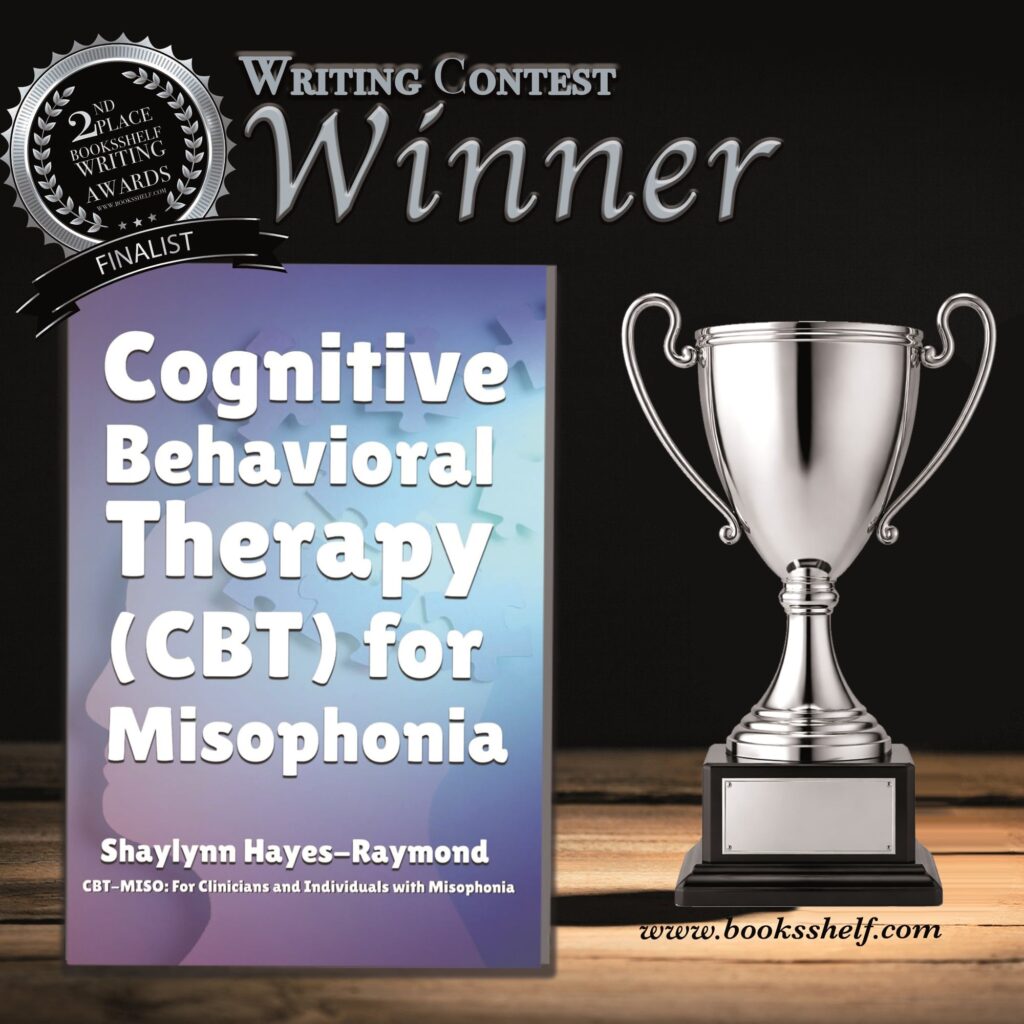
 If your doctor has never heard of misophonia, it is harder to obtain care.
If your doctor has never heard of misophonia, it is harder to obtain care.
Unfortunately misophonia is a lesser-known condition so few doctors and medical professionals have hands-on experience with the disorder. While your doctor is a trained healthcare professional, they are not psychic. This means that fields are ever-changing, and there is a reason it is called medical practice. If your doctor has not heard of misophonia, it is okay to teach them about the disorder. In-fact, self advocacy is a reliable tool for taking your health seriously.
Medical professionals that are reliable should be compassionate to your condition. If they are not, this leaves concern for the quality of care. While a doctor, psychologist, audiologist, or neurologist may not know what misophonia is, it is important that they are willing to listen to the patient’s symptoms and feelings, and understand that this condition is having an impact on the patient’s life. Professionals should be willing to work in a cross-disciplinary capacity, and should be willing to become educated on preliminary research of the condition.
While there is no official cure, a doctor (or medical professional) can help you learn to cope with the disorder. Until research is furthered, professionals can work across fields to come up with cognitive and physiological strategies that benefit the patient. Occupational therapists that have worked with SPD cases may be well equipped to understand the nuances of misophonia in a sensory capacity.
In an article for the Huffington Post, I shared “What I Wish My Doctor Knew About Misophonia“. In this piece I penned a letter for my doctor, explaining that while I understand they are unable to cure my condition, I needed support on my medical journey. This was mailed to my primary care physician and he has been nothing but supportive of my misophonia journey. While there is no official diagnosis available, I am confident that my doctor listens to my needs.
I want my doctor to know that if he acknowledges my suffering and asks me how I think we should go about things that he is doing what he can. I want him to know that I do not expect miracles, I merely expect his patience. I want my doctor to know that if he does not know about my disorder, that is okay. I want him to know that I will be happy to work with him on this discovery.
If your doctor has not heard of misophonia, and is unwilling to learn. It is perhaps best to look at your options for finding a primary care physician that is willing to think of your needs. Not every doctor will be a good fit. Dr. Linda Girgis expresses that is is hard already for patients with a rare disorder, and urges patients to be self-advocates.
If your doctor is willing to learn about misophonia you can print off information, such as this pamphlet to help them better understand the disorder. We also welcome all healthcare professionals, therapists, and interested persons to watch the 1 hour long Duke Webinar that discussed the primary understanding of misophonia that we have today.







